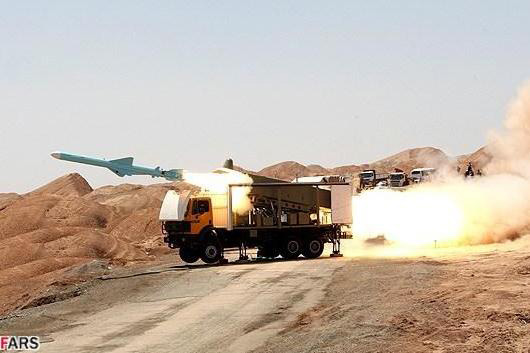NATO foreign ministers gathering in Brussels on Tuesday were set to approve the deployment of Patriot defence missiles in Turkey to protect the country from possible attacks from neighbouring Syria, dpa reported.
"I would expect the council of ministers to take the decision this afternoon to enhance Turkey's air defence with the aim to ensure effective defensive protection of the Turkish population," NATO Secretary General Anders Fogh Rasmussen said ahead of the talks.
"After that, it is for individual allies who are capable to deploy Patriot missiles to take their decisions," he added. "But I would expect Germany, the Netherlands and the United States to be able to deploy Patriot missiles to Turkey."
The three countries are the only NATO members to have them available. Rasmussen said he would expect the deployment to come "within weeks" after the political approvals.
Turkey, a member of the military alliance, asked NATO on November 21 to allow the missiles. The country, which is hosting tens of thousands of Syrian refugees, has traded sporadic cross-border rockets with regime forces.
Both Turkish and NATO officials have insisted that the deployment will be defensive only and will not support a no-fly zone or any offensive operation.
The NATO talks come one day after Syria vowed not to use chemical weapons against its own people, in response to warnings from the US that it would take action if it were to do so.
Media reports had quoted US officials as saying President Bashar al-Assad's government had moved chemical weapons, raising fears he could use them against rebels in their fight to overthrow him.
"The possible use of chemical weapons would be completely unacceptable for the whole international community," Rasmussen said. "If anybody resorts to these chemical weapons, I would expect an immediate reaction from the international community."
Meanwhile, in Syria, the Britain-based Syrian Observatory for Human Rights said clashes between rebels and government forces were taking place within three kilometres of Damascus International Airport.
However, state media said clashes were about 15 kilometres from the airport, and that troops have managed to kill "dozens of terrorists," a term used by the regime to refer to rebels.
The fate of Syria's Foreign Spokesman Jihad Makdissi, a prominent Christian figure and close to al-Assad's inner circle, remained unknown after conflicting reports said Monday he had defected and left Damascus with his family for London.
"We know his relations with the regime has fallen out two weeks ago, but we still cannot confirm if he was sacked, quit or defected, or even that he has arrived in London," a source inside the opposition Syrian National Council (SNC) told dpa.
Activists inside Damascus said the house of Makdissi was torched by troops late Monday in the Mezze neighborhood.
News coming out from Syria cannot be confirmed, as journalists are banned from entering the country.






